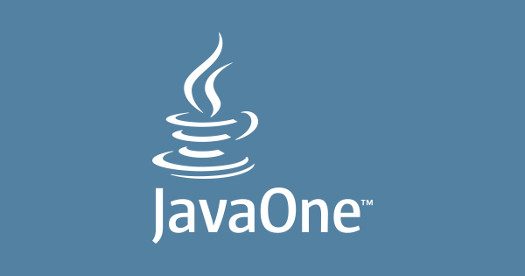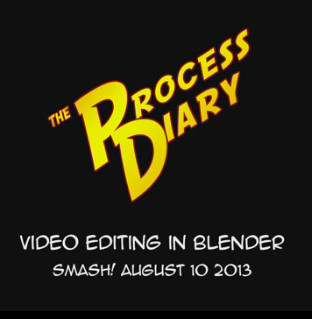There are many ways to contribute to an open source project. There are also many reasons for doing so. But before jumping in, you might want to know how things generally work within these projects.
The Video Screening Room
If you’re interested gaining some tips and insights into how to contribute to open source, this video of a presentation given on September 19 at the JavaOne conference in San Francisco by Gunnar Wagenknecht, a software engineer at Salesforce, and Wayne Beaton, director at the Eclipse Foundation, might be useful to you.
For the past 10 years, Phil has been working at a public library in the Washington D.C.-area, helping youth and adults use the 28 public Linux stations the library offers seven days a week. He also writes for MAKE magazine, Opensource.com and TechSoup Libraries. Suggest videos by contacting Phil on Twitter or at pshapiro@his.com.






 If you need catching up, the story began on Friday when
If you need catching up, the story began on Friday when 


 Hardware: I’m using a Raspberry Pi Model 2 B with a 32-bit SanDisk micro SD card. The reason for using the Model 2 B is because I happened to have one that wasn’t currently being used. Also, I wouldn’t need any of the extras, like Wi-Fi. that the Raspberry Pi 3 brings to the table since it will be connected via Ethernet and SSH.
Hardware: I’m using a Raspberry Pi Model 2 B with a 32-bit SanDisk micro SD card. The reason for using the Model 2 B is because I happened to have one that wasn’t currently being used. Also, I wouldn’t need any of the extras, like Wi-Fi. that the Raspberry Pi 3 brings to the table since it will be connected via Ethernet and SSH.